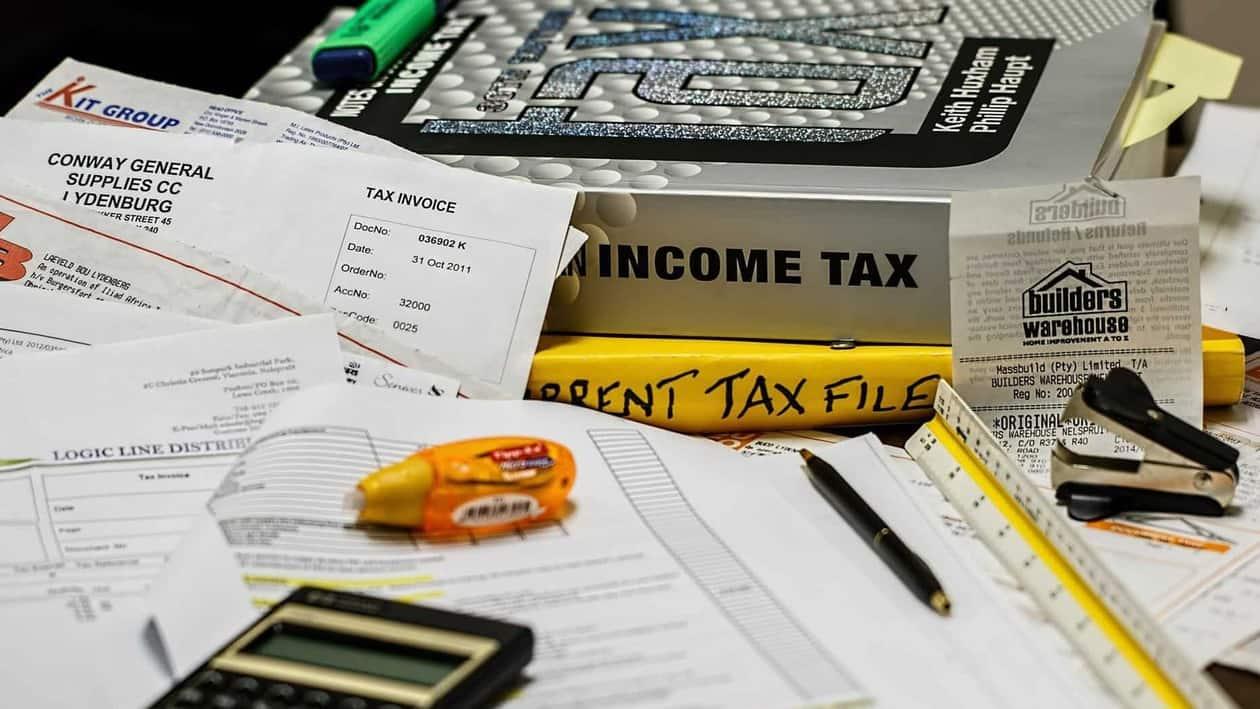Salaried taxpayers are in a tizzy as they scan multiple sections on the Income Tax site looking for possible deductions on their contributions to various investment options. This is the time of the year when the assessees have to declare their earnings from salaries and income from investments to determine their tax liability. Learning about tax deductions and exemptions becomes equally important as it helps to lower the net tax liability, especially for those still filling their income tax returns (ITRs) under the old tax regime.
Some basic tax exemptions that can help rid you of the tax burden include:
House Rent Allowance
Salaried employees often inquire if paying rent can get them the much-needed respite from tax liability. Depending on the situation, you can seek total or partial exemption from tax. There is no tax exemption if you are not paying rent but continue to avail of HRA benefits. However, if you are living in rented accommodation but are unable to furnish rent receipts as proof to claim HRA, you can still claim the tax exemption while filing your ITR.
You can claim the least of the following while claiming your HRA exemption while filing for tax
- Total HRA received from your employer
- Rent paid minus 10 percent of (Basic Salary + Dearness Allowance)
- 40 percent of salary (Basic Salary + Dearness Allowance) for those living in non-metro cities and 50 percent of salary (Basic Salary + Dearness Allowance) for those hailing from metros.
The maximum deduction limit allowed under Section 80GG of the Act is ₹60,000 per year in case you have not received the HRA during that financial year.
Standard Deduction
This is the most common tax deduction component that most assessees avail. You can claim a deduction up to ₹1,50,000 under Section 80C of the Act for the investments made in life insurance policies, national savings certificates (NSCs), provident fund investments (Public Provident Fund and Employees’ Provident Fund), tuition fees, housing loan principal amount, etc. Those who park their earnings in LIC annuity plans or pension plans of other insurance companies can also avail of the same tax exemption under Section 80CCC of the Act. Paying towards the pension scheme of the Central Government will invite a tax exemption of ₹50,000 under Section 80CCD (1B) of the Act.
Housing loan benefit
You have taken a home loan, which gives you another simple measure to save on tax through deductions on loan principal and interest amounts. For example, Section 24 of the Act considers the annual interest that you pay on your home loans. The maximum deduction available under this section is ₹2 lakh every year. The Act also allows an additional tax deduction of ₹50,000 under Section 80EE of the Act on the interest portion of the residential house property loan availed from any financial institution. However, you should have exhausted the tax exemption benefit under Section 24 on the property valued at ₹45 lakh to avail of deduction under Section 80EE of the Act.
Preventive health check-up
It makes sense to go for a preventive health check-up considering the increasing vulnerability to population and diseases. The Income Tax Act allows scope for a deduction of ₹5000 per individual under Section 80D for any payments made towards preventive health check-ups. You can claim this deduction either for yourself, your spouse, dependent children or parents.
Health insurance premiums
Under Section 80D of the Act, you can claim a maximum deduction of ₹25,000 on health insurance premium towards self, spouse and your dependent children. However, this deduction limit will go up to ₹50,000 if you are paying premiums towards health insurance policies bought for your parents (below 60 years of age) too. If your parents are more than 75 years old, the maximum deduction on health insurance premiums will go up to ₹75,000.
Specific disease treatment
Special diseases beget special treatment, which is why you can claim a deduction of up to ₹40,000 under Section 80DDB of the Act towards expenses for the treatment of specified disease or ailment including dementia, dystonia musculorum deformans, motor neuron disease, ataxia, chorea, hemiballismus, aphasia and Parkinson’s disease, etc.
Treatment of the disabled
Assessees may be disabled or physically impaired, which is why the Act allows a special tax deduction depending on the severity of the disability they suffer from. The amount of deduction is fixed irrespective of the amount spent on their treatment.
Disabled people are allowed a tax deduction of ₹75,000 under Section 80U of the Act, whereas those afflicted with severe disability are allowed a deduction of up to ₹1,25,000 from their income for taxation purposes. However, to avail of the benefit of this section, you must be a resident individual suffering from at least 40 per cent disability.
Towards charitable purposes
Participating in noble causes attracts rewards as deductions, under which you will be allowed to claim deductions for various contributions made as donations under Section 80G of the Act. The Income Tax Department does not treat all deductions equally, which is why donations to certain funds and institutions qualify for 100 per cent or 50 per cent deduction without any qualifying limit.
The last date of filing the ITR is July 31 this year, beyond which the Department levies late filing fees. As per the current rule, assessees filing their ITRs after the deadline will be levied a ₹5,000 fine.
